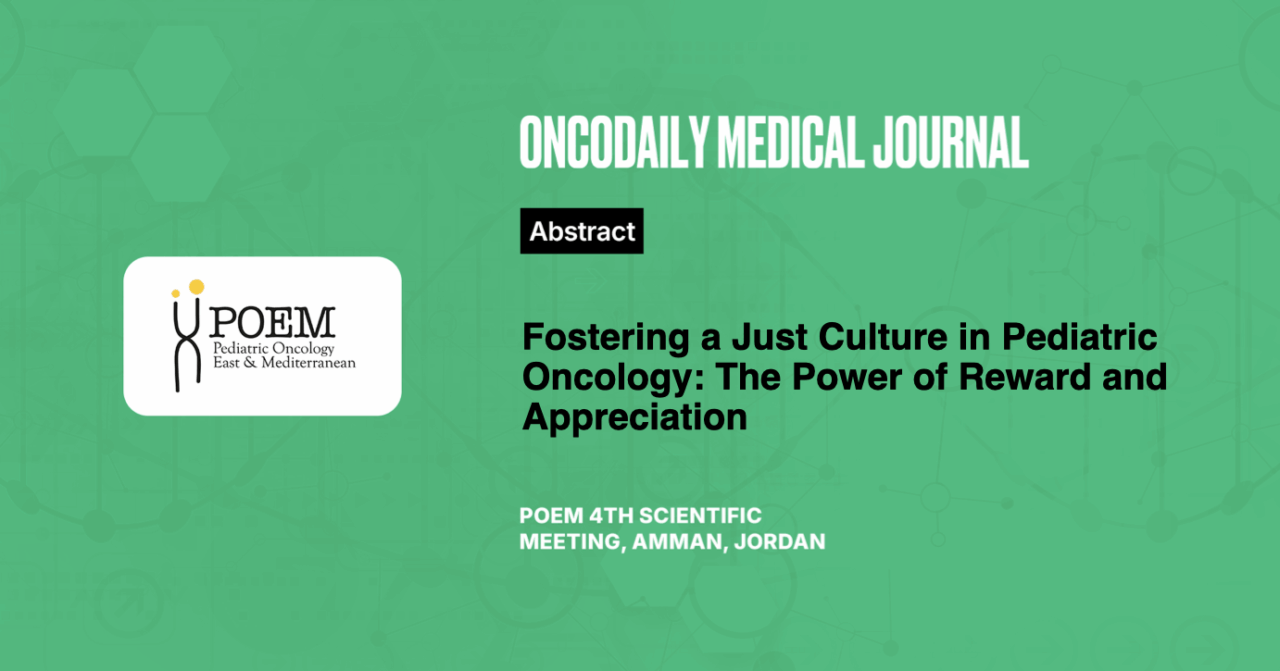Fostering a Just Culture in Pediatric Oncology: The Power of Reward and Appreciation
Abstract
Introduction: In pediatric oncology units, the risk of healthcare-associated infections poses a significant challenge, affect a large number of children, particularly those with malignancies and recipients of hematopoietic stem cell transplants (HSCT). They are susceptible to infections due to disrupted mucosal barriers and immunosuppressive treatments. Therefore underscoring the importance of infection control measures. Despite established guidelines, the proper use of hand hygiene and aseptic techniques remains inconsistent.The purpose of this study is to introduce a novel method for providing feedback, promoting positive behaviors, and fostering a culture of appreciation among healthcare workers, ultimately enhancing patient safety.
Methodology: A quasi-experimental study was conducted in a Pediatric Oncology Unit between 2023 and 2024, involving 500 healthcare workers. Initially, hand hygiene compliance was at an alarming 60%. A feedback system was implemented to reward and motivate healthcare workers for adhering to infection control protocols. This system used positive reinforcement and reminders to encourage hand hygiene, aseptic techniques, and the use of personal protective equipment.
Results: The implementation of the feedback system increased hand hygiene compliance from 60% to 85%. Staff felt appreciated and recognized, reinforcing a just culture within the unit. This approach not only motivated adherence to infection control measures but also led to a sense of appreciation and recognition among healthcare workers.
Conclusion: The study emphasizes the importance of fostering a culture that values healthcare workers’ contributions while prioritizing patient safety and quality. A supportive environment that embraces technology and creative solutions is essential to reduce healthcare-associated infections.





